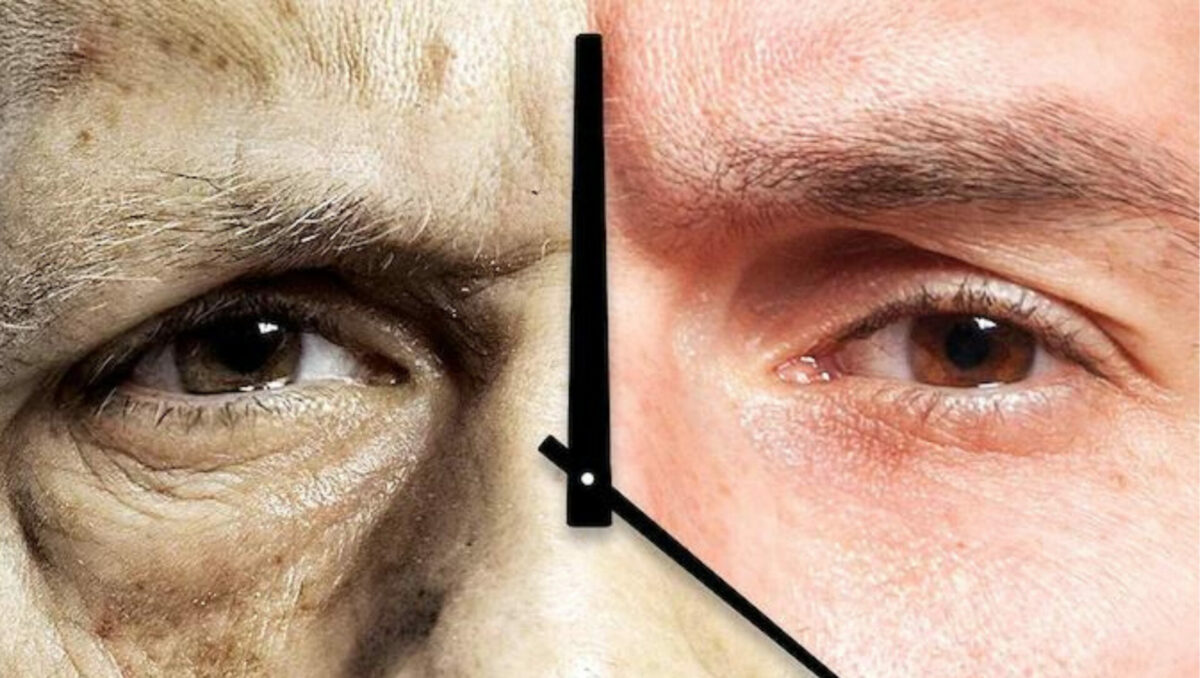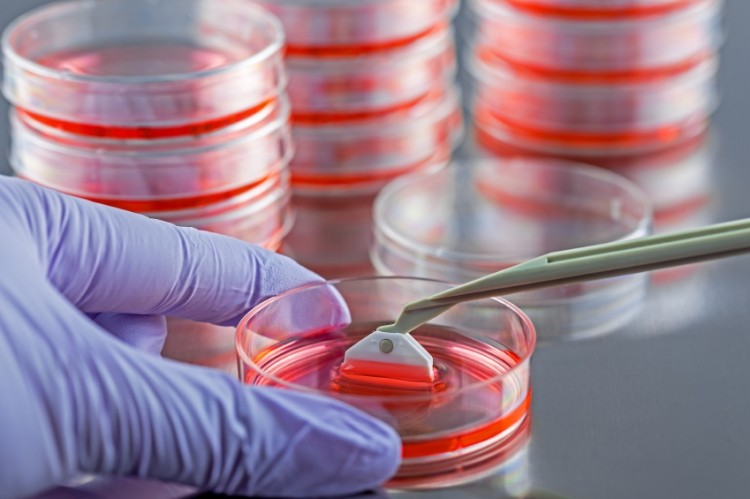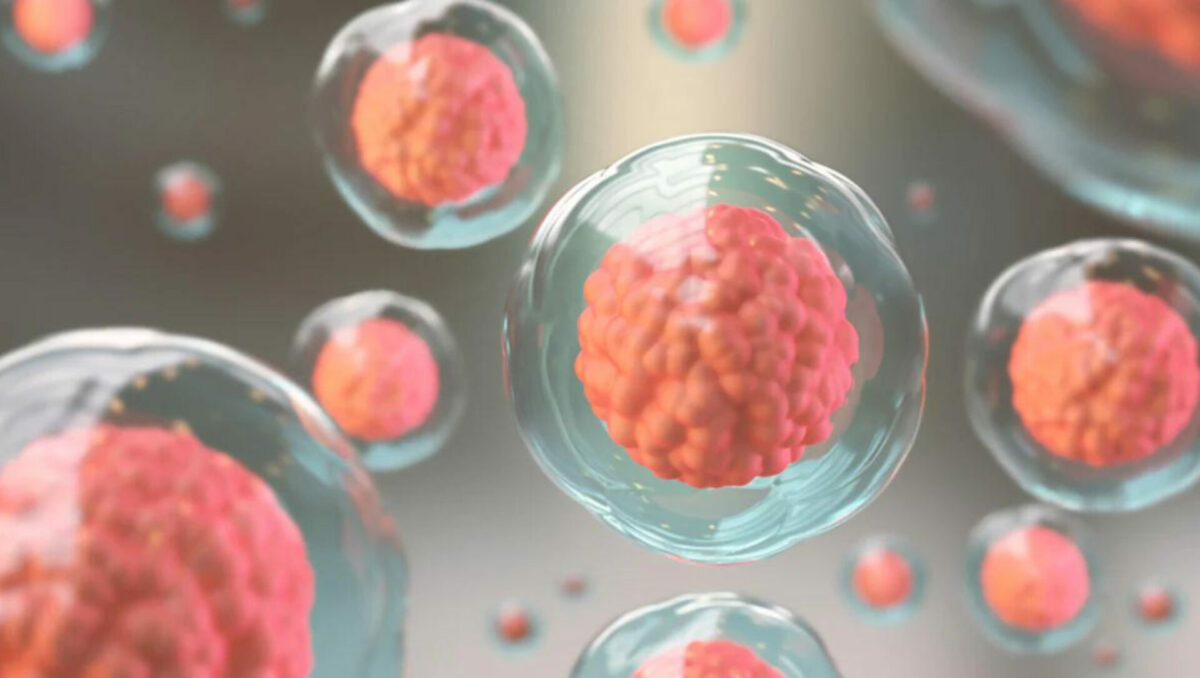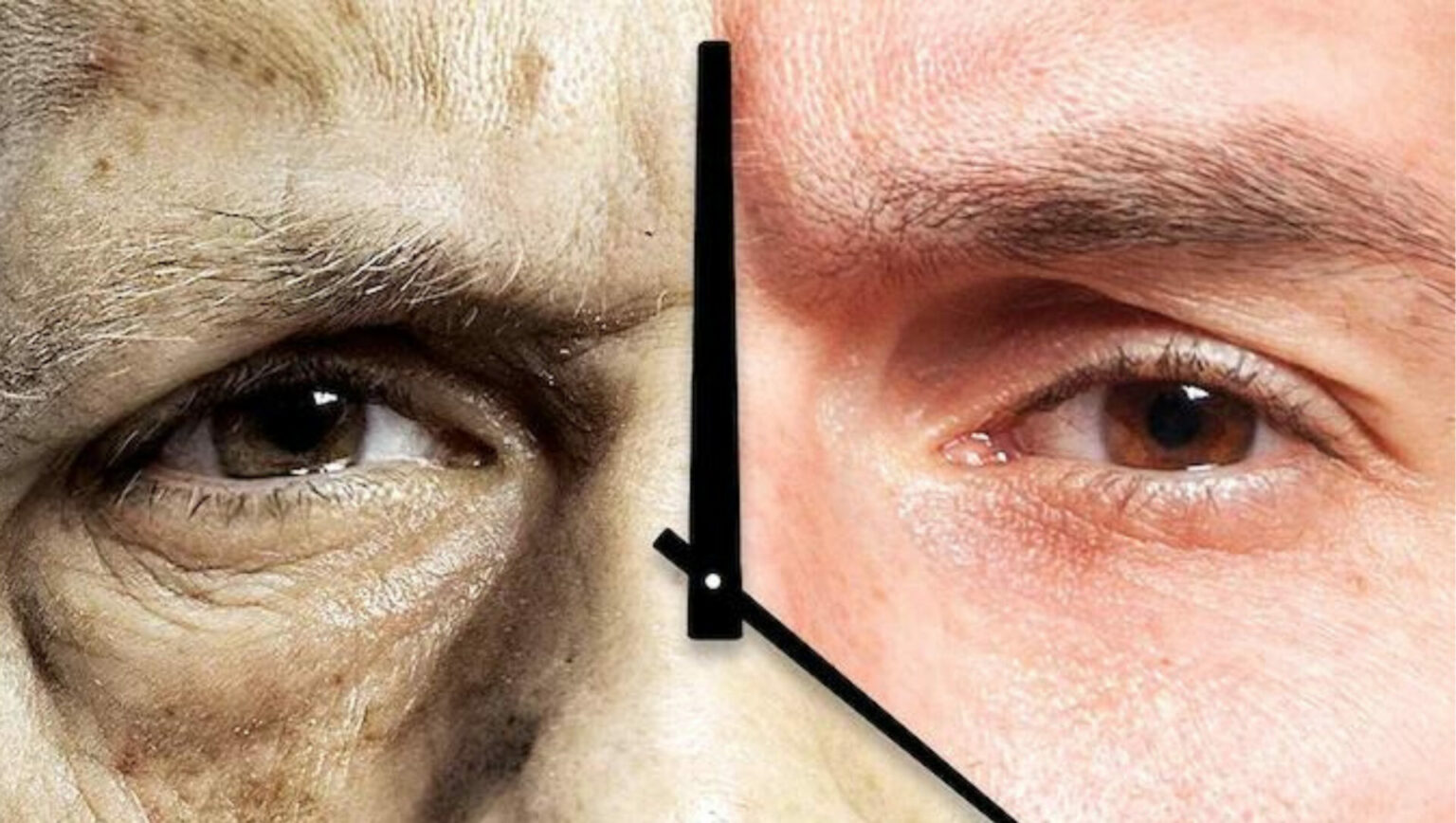The “Fountain of Youth” pill may be created as a result of chemical cocktails that Harvard researchers claim to have found that can reverse ageing. The research was performed by a group at Harvard Medical School, and revealed the first chemical method to program cells to remain in a younger condition. Previously, this could be achieved only with a potent gene treatment.

In the July edition of the medical journal Ageing, an article titled “Chemically induced reprogramming to reverse cellular ageing” detailed the findings. One of the study’s authors, David Sinclair, shared the discovery’s history and what he believed it meant for humanity’s future on Twitter the same day. Professor Sinclair teaches genetics at Harvard Medical School and is the best-selling author of “Lifespan: Why We Age — and Why We Don’t Have To.”
Foundations of the study
The research team’s findings add to the knowledge that adult cells can become induced pluripotent stem cells (iPSCs) by expressing particular genes known as Yamanaka factors. The question of whether it could be able to slow down biological ageing without making cells excessively young and susceptible to cancer was raised by this Nobel Prize-winning discovery.
In a previous report, the Harvard researchers claimed that reversal of cellular ageing is possible without excessive cell proliferation by virally injecting certain Yamanaka genes into cells. Research on the kidney, muscle, brain, and optic nerve has produced promising results. In mice, improved vision and a longer lifetime have been seen. More recently, improved vision in monkeys has also been recorded.
Magic Cocktails at Harvard
The goal of this new study was to identify chemicals that, when combined, could regenerate human cells and reverse cellular ageing. To distinguish between young and senescent cells, the Harvard researchers designed real-time nucleocytoplasmic protein compartmentalization (NCC) assays and transcription-based ageing clocks as high-throughput cell-based assays.
The team has made a significant discovery through tests on mice and monkeys: six pharmacological concoctions have been shown to reverse transcriptome age and return NCC and genome-wide transcript profiles to youthful states in less than a week. According to Sinclair, these drinks can “reverse” outward indications of ageing in less than a week.
Each chemical cocktail has five to seven different ingredients, many of which were well-known for treating various physical and mental illnesses.

Several of the cocktails contain prescription-only drugs that have been used to treat seizures, depression, and Parkinson’s disease, like Valproic acid, Tranylcypromine, and Pramipexole, respectively.
What the Magician says
The genetics professor continued by describing how his Harvard Medical School colleagues and spent more than three years looking for chemicals that could work together to rejuvenate human cells and turn back the hands of time.
Studies on the optic nerve, brain tissue, kidney, and muscle have produced encouraging findings, including longer lifespans and enhanced eyesight in mice, as well as, more recently, increased vision in monkeys in April of this year.
He mentioned that they are preparing for the human clinical trials for the newly developed therapy and admitted that other scientists are also vying “to show chemicals can rejuvenate cells like gene therapy can.”
Twitter users reacted to the study with skepticism, pointing out that the interval between study submission and publication was unusually quick. One Twitter user even referred to Ageing as a “rubbish journal.”
Sinclair responded that the historic nature of the result required the timeliness of release and defended both the journal selection and the timing of publication.
Far-reaching implications

This new discovery can potentially lead to whole-body regeneration and regenerative medicine. This research could revolutionize the treatment of ageing, injuries, and age-related disorders by creating a chemical substitute for age reversal via gene therapy and offers the possibility of reduced prices and quicker development times. The lab’s age-reversal gene therapy is currently undergoing preparations for human clinical trials in the wake of successful results in correcting blindness in monkeys in April 2024.












